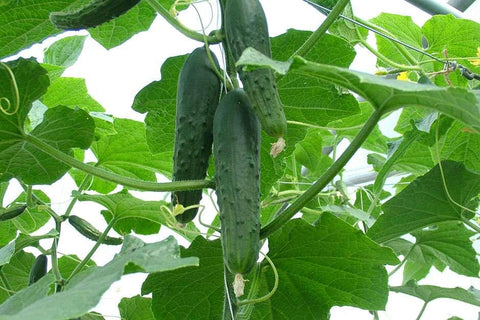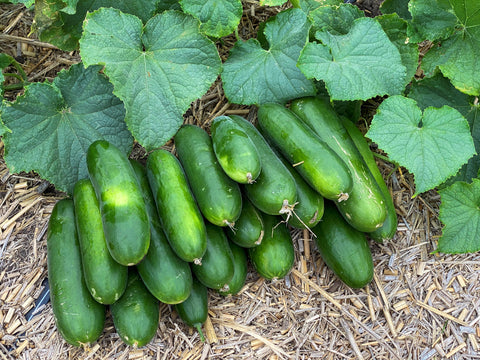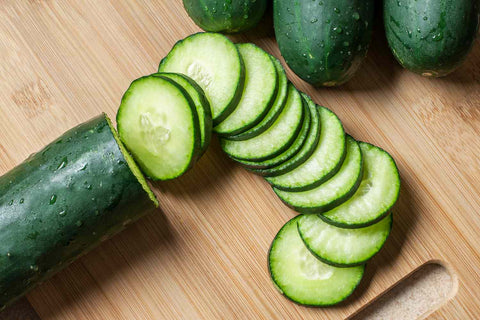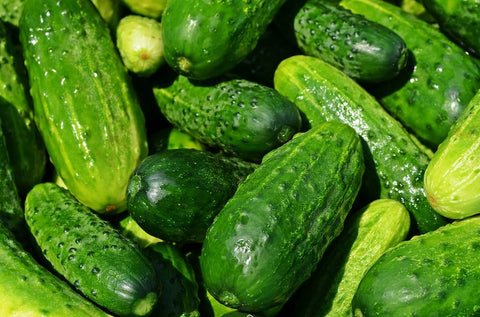When it comes to growing cucumbers, ensuring an ample amount of sunlight is just the beginning. There are several key details to consider to ensure a successful harvest. First and foremost, selecting the right seeds is crucial. You can opt for traditional cucumber varieties or experiment with novel ones such as yellow or mini cucumbers to diversify your yield.

When selecting seeds, make sure they come from reputable suppliers and are non-GMO varieties to ensure that you're growing healthy, natural plants. If you choose to save seeds yourself, remember to store seeds from healthy plants in a dry, well-ventilated place for future use.
In addition to sunlight and high-quality seeds, soil is another critical factor in successfully growing cucumbers. The soil should be loose and rich in organic matter to provide good drainage and nutrient supply. You can choose to purchase pre-mixed organic soil or improve soil quality by composting in your own garden.

Before planting cucumbers, conducting a soil test to determine the soil pH is essential. Cucumbers prefer soil that is neutral to slightly acidic, so ensuring the soil pH is between 6.0 to 7.0 is ideal. If the soil is too acidic or alkaline, you can adjust the soil's acidity by adding lime or sulfur.
Once the soil is prepared, you can start planting cucumbers. You can choose to start seeds indoors and then transplant them outdoors once the seedlings reach a certain height, or sow seeds directly in the garden. Whichever method you choose, make sure to water adequately before seeds enter the soil to ensure soil moisture.

During planting, considering cucumbers are climbing plants, you may need to provide support structures such as trellises, netting, or hanging baskets. This helps keep the plants growing vertically and makes the fruits easy to reach and harvest.
As the plants grow, regular inspection and weed removal are crucial. Weeds not only compete for soil nutrients and moisture but can also become hiding places for pests and diseases, affecting cucumber growth and health.
In addition to regular watering and weed removal, timely fertilization is also a key step in ensuring healthy cucumber growth. You can choose organic fertilizers such as composted animal manure or humus to provide the necessary nutrients for the plants. Remember, excessive fertilization can lead to excessive plant growth without fruiting, so fertilize in moderation.

Finally, cucumbers are fast-maturing fruits, so regularly checking and harvesting ripe fruits is crucial. Ripe cucumbers typically have uniform color and firm appearance. Don't wait until they turn yellow or become hard to harvest, as this may affect subsequent yields.
Overall, while growing cucumbers may require some skill and patience, providing a conducive growing environment and regular care and management of plants will allow you to easily enjoy fresh and delicious cucumber harvests at home.









